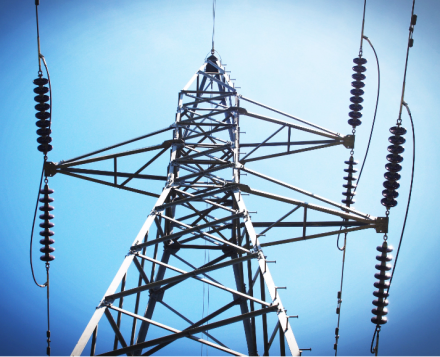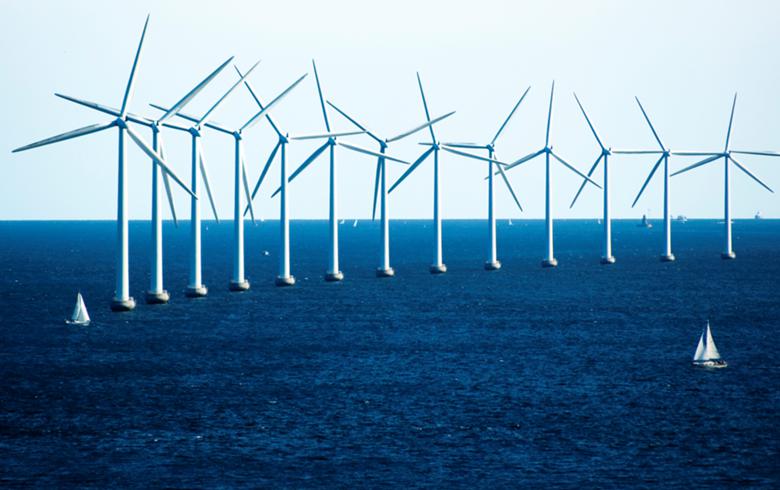25 June 2016, Abuja – The Minister of Power, Works and Housing, Mr. Babatunde Fashola, has said that the Federal Government is increasingly looking to alternative sources such as coal, solar and biomass for power generation in a bid to achieve national energy security.

He said the 700-megawatts Zungeru hydropower project would soon be completed, adding that construction of the 3,000MW Mambilla hydropower plant would commence shortly.
Fashola, who spoke at an annual lecture organised by the Nigerian Institute of Electrical and Electrics Engineers in Lagos on Thursday, noted that the nation had over the years relied heavily on natural gas for power generation.
The nation’s power generation and supply have dropped significantly in recent months on the back of the resurgence of militant attacks on oil and gas facilities in the Niger Delta.
Fashola said, “Our vulnerability to gas has become apparent to the development that we are seeing. And so, one of the things that the energy mix will do is not just taking power plants closer to fuel sources, but to also help in achieving national energy security. So, we are going beyond solar to coal and to a lot of hydro.
“We will soon finish hydro power plants like Zungeru and start the biggest hydro power project, the Mambilla, which will give us in one place about 3,000 megawatts. We are finalising the procurement now.
“We will use biomass because there is a sugar processing plant and sugarcane plantation somewhere in Adamawa, and we are talking to the proprietors to see how we can use some of that also for producing energy.”
Beyond power generation, the minister said it was important to engage electricity consumers on the demand side management, also known as energy conservation.
The minister added, “Beyond all of this generation of power, what is important is the demand side management, which we have come here to talk about, which is energy conservation. There is capacity to conserve between 1,000MW and 2,000MW by actions that all of us should take in our homes, in our offices, the way we build, the way we use energy.
“We have seen that air-conditioning and kitchen equipment constitute the largest consumer of power. So, how we build our houses, how we use less of air-conditioning, how we air our homes using nature, more wind, working with our architects, how we shape and situate the angle of our house so that we conserve less energy, how we use less water by being efficient in conserving water to transfer energy to cost.”
- Punch



